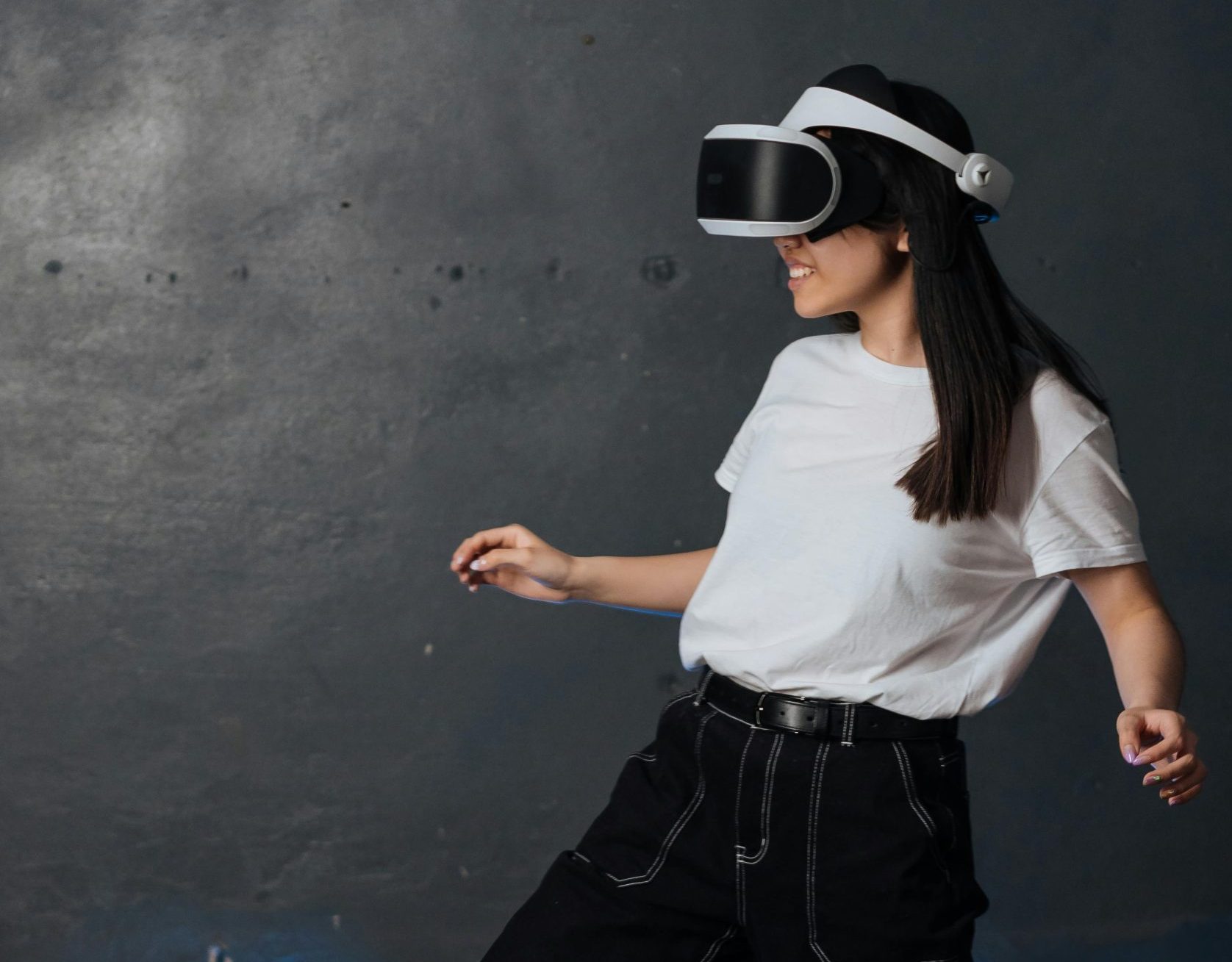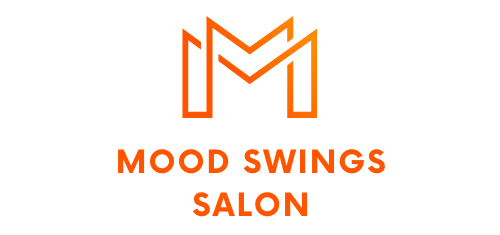What’s the Impact of Virtual Reality on UK’s Real Estate Market?

Virtual reality is no longer a technology of the future, it’s here and it’s influencing numerous sectors in powerful ways. Among them, the real estate industry is reaping substantial benefits. Homeowners, potential buyers, and real estate agents are all experiencing a digital revolution in the way properties are viewed, marketed, and sold. But what exactly is the impact of virtual reality on the UK’s real estate market? This article will delve into the influence of this immersive technology on real estate tours, market trends, and buyer behavior – all within the context of the United Kingdom.
Virtual Reality Tours: The Future of Property Viewing
Gone are the days when potential buyers had to physically visit every property on their shortlist. Virtual reality has made it possible to tour properties from the comfort of your own home. Virtual reality tours provide buyers with a 360-degree view of the property, offering an in-depth and immersive house-viewing experience that traditional photos or videos can’t match.
A voir aussi : How Can Companion Robots Benefit UK’s Solitary Elderly Population?
Virtual tours are extremely convenient for both buyers and agents. For buyers, especially those from overseas or out of town, virtual tours save significant travel time and costs. For agents, these tours enable them to showcase their properties to a wider audience, irrespective of geographical limitations. This advancement has elevated the property viewing experience to a whole new level, enhancing both the reach and potential of the real estate market.
In the current UK context, virtual tours have become particularly popular in cities like London, Manchester, and Liverpool, where the real estate market is highly competitive. Agents are leveraging this technology to give their properties an edge in the bustling market.
A découvrir également : What Are the New Guidelines for Accessible Web Design in the UK?
The Impact on Buyers’ Behavior
Virtual reality has also had significant implications on the behavior of property buyers. The technology offers a more interactive and engaging house-viewing experience, enabling buyers to explore each room, inspect the décor, and even visualize their furniture in the space.
With VR, buyers get a real sense of the space, layout, and aesthetics of a house – akin to a physical visit. This immersive experience helps them make more informed decisions, reducing the possibility of buyer’s remorse. In an often overwhelming real estate market, this provides a level of reassurance and security that was previously difficult to achieve.
In the UK, this is especially relevant for first-time homebuyers, who may find the process of purchasing a property daunting. Virtual tours can help these buyers feel more confident in their choices, potentially leading to a higher conversion rate for agents.
Marketing Potential of Virtual Reality
When it comes to marketing properties, the advent of virtual reality has been nothing short of a game-changer. With the capacity to create compelling, immersive tours, this technology allows agents to showcase properties in their best light.
In a market as competitive as the UK’s, where every property needs a unique selling point, virtual tours offer a distinct advantage. They not only allow potential buyers to see the property in its entirety but also enable agents to highlight key features in a more engaging manner. These virtual walk-throughs can evoke a sense of ownership among viewers, making them more likely to proceed with the purchase.
Moreover, virtual tours offer a new way for agents to market properties to overseas buyers. With the UK being a popular destination for foreign real estate investment, being able to offer a comprehensive view of the property without the need for travel is a powerful tool.
How Virtual Reality is Shaping the Industry
The embrace of virtual reality by the UK real estate industry has broader implications beyond property tours and marketing. It’s reshaping the way agents operate, shaking up traditional business models and opening up new avenues for growth.
By offering virtual tours, agents can differentiate themselves in the crowded marketplace, attract more potential buyers, and close deals faster. The scalability of virtual tours means agents can showcase multiple properties at the same time, increasing productivity and potential earnings.
Virtual reality has also streamlined the communication process between agents and clients. Potential issues with the property can be highlighted and addressed during the virtual tour, saving time for both parties.
The UK has always been at the forefront of adopting new technologies and virtual reality is no exception. As the real estate industry continues to leverage this technology, it will inevitably lead to more efficient, transparent and customer-centric practices.
The Influence of Virtual Reality on Market Trends
The integration of virtual reality in the real estate industry has significantly impacted market trends in the UK. Estate agents are swiftly adopting this technology to gain a competitive edge and keep pace with the digital transformation. This shift towards virtual house tours and augmented reality presentations has revolutionised the property market dynamics.
The main attraction of virtual reality lies in its ability to create an immersive and realistic experience. It can transform a two-dimensional floor plan into a three-dimensional space that potential buyers can navigate as if they were physically present. This futuristic approach to property viewing has raised buyer expectations. They now desire more interactive and comprehensive house tours, which has in turn increased the demand for estates using virtual tours.
Moreover, virtual reality has also fuelled the trend of virtual staging. Estate agents are using this feature to furnish properties virtually, illustrating the potential of the space. This innovative marketing strategy has proven to be successful in attracting potential buyers and speeding up the sell-out process.
The rising popularity of virtual tours is also redefining the role of traditional estate agents. With the technological advancements, agents now need to be well-versed in managing and operating virtual reality software. This shift in job requirements signals a transformative trend in the real estate industry brought about by virtual reality.
Virtual Reality: The Future of the UK’s Real Estate Market
Looking forward, the power of virtual reality in the UK’s real estate industry is undeniable. As the technology continues to evolve, its influence on property marketing, house tours, and overall buyer experiences is expected to grow exponentially.
Virtual reality will continue to break down geographical barriers, providing overseas buyers with the same comfort homes would if they were locally present. This will further strengthen the UK’s position as a prime location for foreign real estate investment.
Furthermore, the technology will refine the process of property buying and selling, making it quicker and efficient. This will benefit both estate agents and buyers, turning property purchases into a seamless and enjoyable journey.
In conclusion, virtual reality is not just a trend but an integral part of the future of the UK’s real estate market. By providing immersive virtual tours and transforming floor plans into three-dimensional experiences, it brings properties to life, helps buyers make informed decisions, and enables agents to market properties effectively. As the industry continues to harness the power of this technology, the scope for growth and innovation is immense. The future of the real estate market in the UK is virtually reality-driven, with its impact only set to expand in the coming years.
